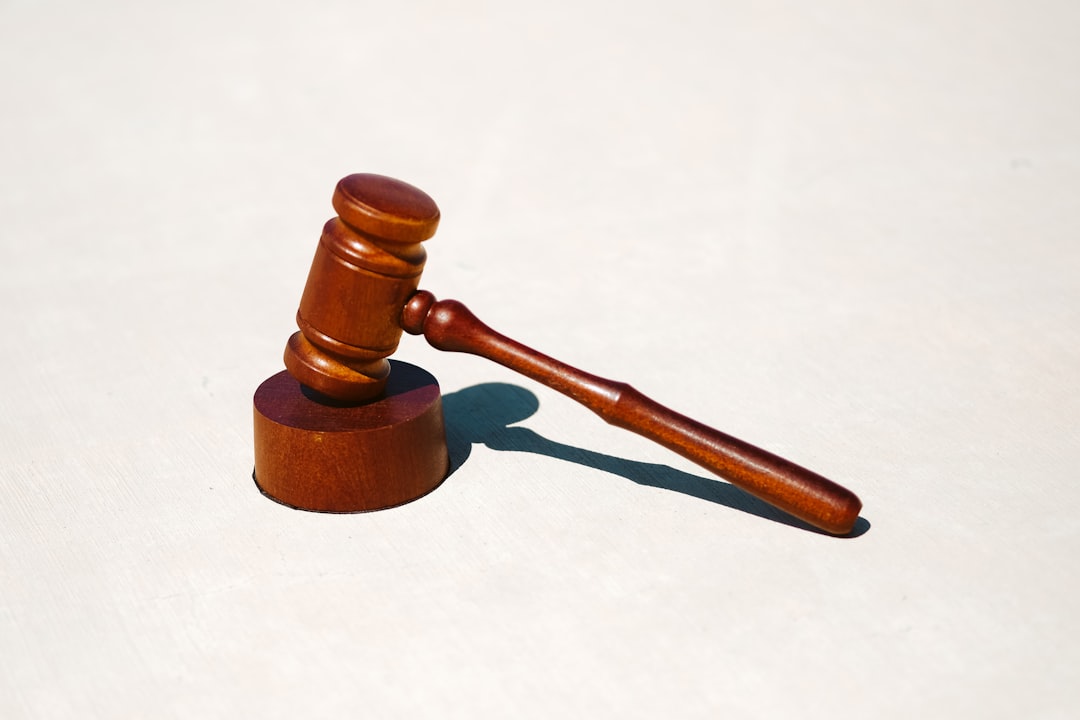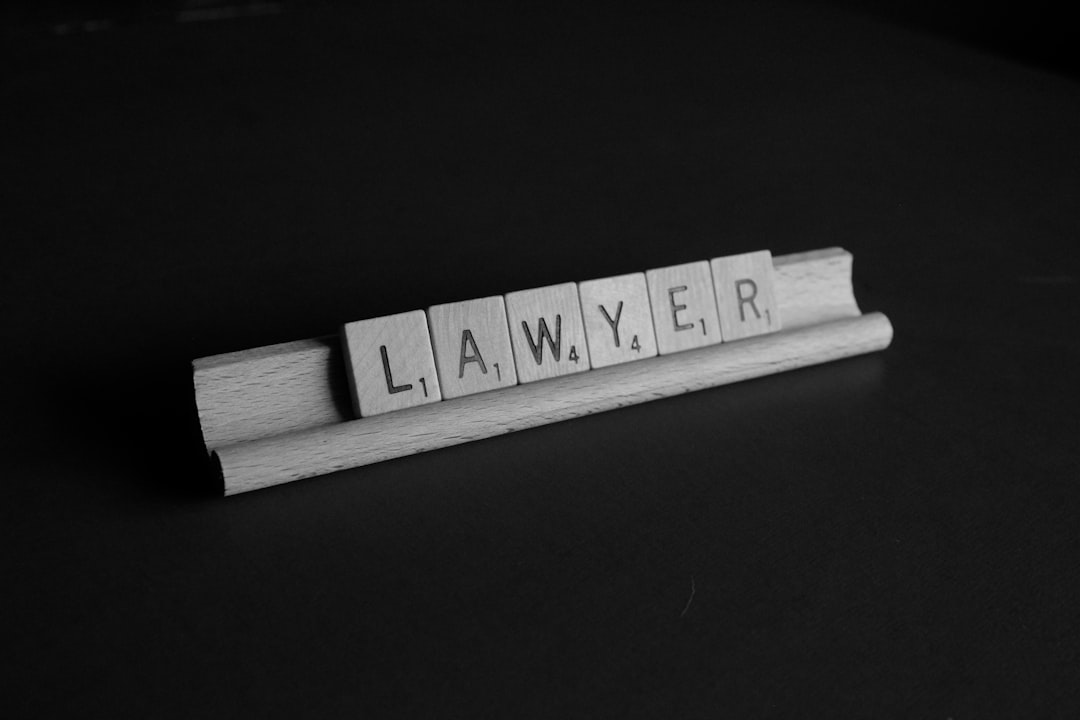Childhood abuse in Florida, including physical, emotional, and neglectful forms, has severe long-term effects on development. With high reported cases, early intervention is crucial to break cycles of abuse and prevent juvenile delinquency. A child abuse attorney in Florida navigates legal complexities, advocates for victims, and collaborates with professionals to create support systems. By addressing underlying causes like economic disparities, these attorneys disrupt abusive patterns, reduce crime rates, and promote healing among at-risk youth. Early intervention programs and access to legal resources are key protective factors.
Childhood abuse, encompassing physical, emotional, and sexual harm, casts a long shadow on Florida’s youth, contributing significantly to juvenile delinquency. This pervasive issue affects one in every seven children in the state, according to recent studies. Understanding the multifaceted nature of child abuse is crucial to addressing its role in shaping delinquent behavior. From immediate impacts on mental health to long-term risks of substance abuse and criminal involvement, this article explores these dynamics, highlighting the critical role of a child abuse attorney Florida in seeking justice and recovery for affected youths.
Understanding Childhood Abuse: Types and Prevalence in Florida

Childhood abuse, a pervasive and serious issue in Florida, encompasses various forms that can leave lasting impacts on a child’s development and well-being. This includes physical abuse, which involves inflicting pain or injury through actions like hitting, burning, or shaking, as well as emotional or psychological abuse. Emotional abuse can manifest as verbal aggression, humiliation, or constant criticism, while neglect involves the failure to provide basic needs such as food, shelter, or medical care. Florida’s child abuse attorney plays a crucial role in navigating these complex cases.
According to recent statistics, Florida ranks high among states with significant rates of reported child abuse. The prevalence highlights the urgent need for awareness and intervention. Many factors contribute to these alarming numbers, including economic disparities, lack of access to resources, and social challenges within communities across the state. Understanding these dynamics is essential in addressing the root causes and breaking cycles of abuse that may lead to juvenile delinquency.
The Short-Term Effects on Vulnerable Youths

Childhood abuse, whether physical, emotional, or sexual, can have devastating and immediate impacts on vulnerable youths in Florida. Victims often experience acute trauma responses, including anxiety, depression, and behavioral disruptions. These short-term effects can manifest as aggressive behavior, substance misuse, and difficulties in school, setting the stage for a cycle of delinquency.
A child abuse attorney in Florida may observe that abused children are at higher risk of engaging in juvenile delinquent activities due to their struggle to cope with the emotional pain and loss of trust. The immediate consequences can range from defiance and fighting at home or school to more severe acts of aggression and even self-harm. Early intervention is crucial, as these issues left unaddressed can lead to long-term behavioral problems and legal entanglements for vulnerable youth.
Long-Term Consequences: How Abuse Shapes Delinquent Behavior

Childhood abuse, whether physical, emotional, or sexual, can have profound and lasting effects on individuals as they transition into adulthood. In Florida, where the legal system grapples with high rates of juvenile delinquency, understanding the connection between child abuse and delinquent behavior is crucial. The long-term consequences of abuse often manifest in various ways, shaping the future of affected individuals. Research indicates that survivors of child abuse are at a higher risk of developing behavioral issues, including aggression, anti-social tendencies, and substance abuse disorders. These challenges can lead to increased involvement with the criminal justice system as juveniles struggle to cope with traumatic experiences.
A child abuse attorney in Florida might argue that addressing these underlying issues is essential to breaking the cycle of delinquency. Early intervention programs and therapeutic support can help individuals process trauma and develop healthier coping mechanisms. By recognizing the impact of abuse, communities and legal professionals can work towards more effective prevention strategies and restorative justice approaches, ultimately reducing juvenile delinquency rates and promoting healing for those affected by childhood trauma.
Legal Implications: The Role of a Child Abuse Attorney in Florida

In cases where childhood abuse is suspected or proven, the legal implications can be complex and far-reaching. A child abuse attorney in Florida plays a pivotal role in navigating these intricate matters. They are equipped to represent victims of child abuse, ensuring their rights are protected and justice served. These attorneys specialize in understanding the unique legal framework surrounding child welfare, which includes state laws and regulations designed to safeguard minors from harm.
By leveraging their expertise, a child abuse attorney Florida can guide clients through various legal processes, from filing protective orders to advocating for appropriate interventions and treatments. Their goal is not only to achieve a favorable outcome in court but also to foster healing and recovery for the abused child. They work collaboratively with law enforcement, social services, and other professionals to create a comprehensive support system that addresses both the immediate needs of the victim and their long-term well-being.
Preventative Measures and Support Systems for At-Risk Children

At-risk children, who often face adverse childhood experiences such as abuse or neglect, are more susceptible to engaging in juvenile delinquency. To break this cycle, it’s imperative to implement preventative measures and foster robust support systems. Early intervention programs that identify and address risk factors can significantly reduce the likelihood of future antisocial behavior. These programs may include counseling services, mentorship initiatives, and after-school activities designed to engage and empower children.
Support systems play a crucial role in guiding at-risk youth towards positive outcomes. Strong relationships with trusted adults, such as those provided by supportive schools, community organizations, and child welfare agencies, can serve as protective factors against delinquency. Additionally, access to legal resources, including services offered by child abuse attorneys in Florida, ensures that children’s rights are protected and they receive the necessary guidance during challenging times. These collective efforts create a safety net that empowers young individuals to overcome adversity and make better life choices.






